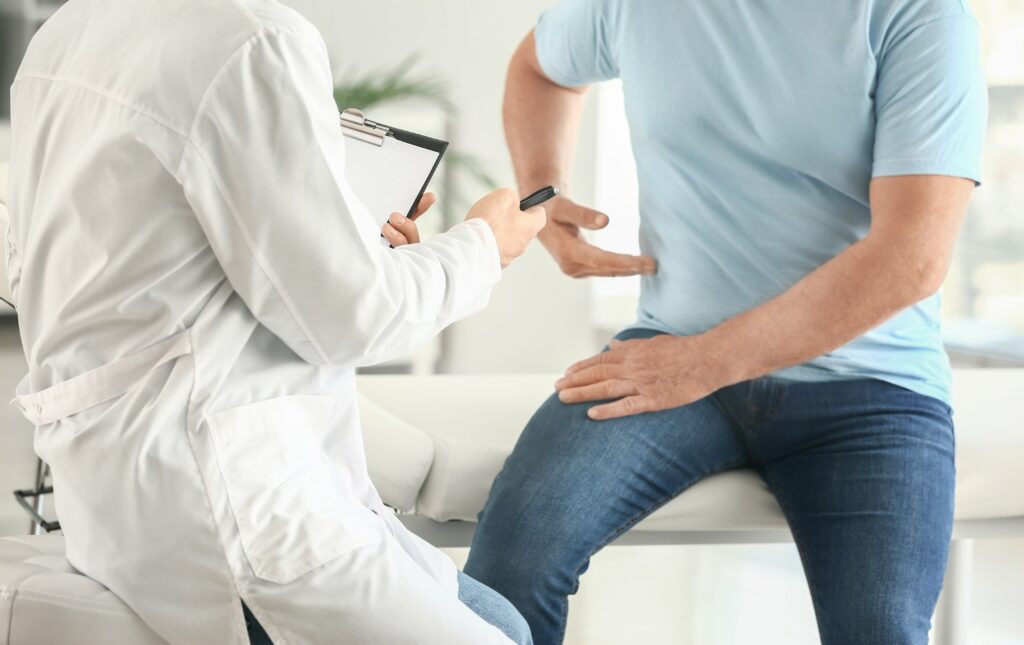What Are the Early Warning Signs of Kidney Disease?

Millions of adults worldwide are living with kidney disease and don’t even know it. That’s because symptoms may not be obvious until the late stages. While the only way to diagnose chronic kidney disease is through testing, there are subtle warning signs to look out for. If you are at risk of kidney disease, talk to your primary care physician or your trusted team at Texas Advanced Renal Health. The earlier kidney disease is treated the better the outcomes.
Early Kidney Disease – An Overview
According to the National Kidney Foundation, there are five distinct stages of chronic kidney disease or CKD. Each is determined using the glomerular filtration rate (GFR), which indicates how efficiently the kidneys filter waste. It is also determined using the estimated glomerular filtration rate (eGFR), which considers the patient’s age, race, gender, and serum creatinine level.
Stages 1-3 are considered early CKD. The kidneys continue to filter waste and extra fluid from your blood. When treated early, CKD is usually successfully managed with medications and lifestyle changes.
- Stage 1 – eGFR 90 or Higher: You should have normal kidney function with no signs of damage, which is why many people in this stage usually go undiagnosed. Staying active and consuming a healthy diet can slow the progression of CKD and ensure your kidneys stay as healthy as possible.
- Stage 2 – eGFR 60-89: The kidneys are relatively healthy and work well during this stage. However, test results may point to mild damage, including protein in the urine. Detection, treatment, and lifestyle changes can help minimize future damage.
- Stage 3 – eGFR 30-59: Stage 3 is split into two phases: Stage 3a – GFR 45 – 59 and Stage 3b – GFR 30 – 44. Here, the kidneys fail to effectively filter waste products and excess fluid, and kidney damage is evident. It is critical to seek help at this stage to maintain your kidney health and prevent further damage.
What Are the Early Warning Signs of CKD
Early warning signs usually appear around Stage 3 CKD. These include the following:
- Early morning nausea and vomiting
- Weakness and fatigue
- High blood pressure
- Anemia
- Swelling of the hands and feet
- Urinary tract infections
- Blood in the urine
- Backache or lower abdominal pain
How Is CKD Diagnosed?
Many people with early CKD do not have symptoms. However, your healthcare provider will likely monitor your kidney health if you have risk factors of CKD, including family history or conditions that can damage the kidneys, like diabetes or high blood pressure. Diagnosing CKD may involve urine tests, eGFR blood tests, and imaging tests like CT scans, MRIs, or ultrasounds.
How Is Early CKD Managed?
The earlier CKD is identified and treated, the better the outcomes. If kidney damage has already occurred, the goal is to slow the condition’s progression and keep your kidneys functioning as they should for as long as possible.
The following are some ways to support your kidney health:
- Drink Plenty of Water: Water helps get rid of excess sodium and waste from your body and lowers your risk of urinary tract infections and kidney stones.
- Maintain a Kidney-Healthy Diet: Renal nutrition helps slow the progression of CKD and avoids placing excess stress on your kidneys.
- Exercise Regularly: Regular exercise helps keep your blood pressure at healthy levels, enhances your blood circulation, and lowers the risk of heart disease, obesity, and diabetes, all of which can impact your kidney health.
- Keep Your Blood Pressure in Check: High blood pressure is one of the primary causes of kidney damage – we may recommend lifestyle changes or medications to keep your blood pressure in check.
- Manage Your Blood Sugar Levels: Diabetes increases the risk of kidney damage, so it’s important to maintain healthy blood sugar levels to boost your kidney health.
- Quit Smoking: Smoking can damage your blood vessels and decrease your blood flow to your kidney, increasing your risk of kidney disease.
- Monitor Your Kidney Health: It’s essential to monitor your kidney function if you have a family history of kidney disease, high blood pressure, cardiovascular disease, or obesity or if you have symptoms of CKD.
Quality Kidney Care Near Me in McKinney, TX
Contact Texas Advanced Renal Health to learn more about maintaining your kidney health. Dr. Sadeddin and his exceptional team work tirelessly to ensure their valued patients keep their kidneys as healthy as possible for as long as possible. We invite you to call 972-548-4833 to schedule your appointment today!
